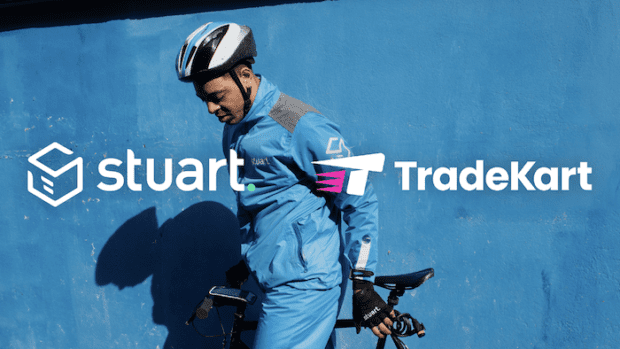
Exactly half of UK shoppers (50 per cent) show greater loyalty to retailers that provide free returns, according to the latest research by SAP Emarsys Customer Engagement, which conducted research amongst over 2,000 shoppers across the UK. The research found that 82 per cent of UK consumers have stopped shopping with a retailer because of a paid returns policy being introduced; 44 per cent actively avoid retailers that charge to return items.
SAP Emarsys data found the rate of returns continues to climb, with 71 per cent of shoppers returning items over the last 12 months.
However, not all these returns are genuine, with a quarter (25 per cent) admitting to ‘wardrobing’ — a phenomenon where consumers buy items with the sole intention of returning them. A common example of ‘wardrobing’ is shoppers buying the same product in multiple sizes when unsure of the fit.
To address this, many retailers have started charging a returns fee. However, the SAP Emarsys research suggests this is causing shoppers to switch, with 47 per cent being less loyal to brands that charge for returns.
Additionally, 66 per cent of respondents say they prefer not to return items, and 56 per cent want retailers to “get it right the first time,” indicating over half of UK consumers do not want to deal with returns.
“With brands losing money from returns, it is understandable that retailers have added returns fees, but it is imperative retailers don’t damage their customer experience in the process,” said Sara Richter, CMO at SAP Emarsys. “We need to fight the root cause of the problem, not just manage the symptoms. For me, that’s where personalisation comes in.
“When retailers offer more targeted products based on customer data, such as returns behaviour and wish lists, the volume of returns drops. Three in five (58%) shoppers prefer brands that make personalised offers, and we saw an increase in retailers embracing this approach during last year’s Black Friday weekend.”
The research backs up this view, with consumers saying that retailers could reduce their rate of returns by offering a more personalised product selection (26 per cent), and more than a quarter of UK consumers (26 per cent) hoping to see more personalised recommendations and deals that make the online experience more like shopping in a store.
“Today’s consumers are looking for a more personal touch and want to know their voices are heard,” Richter said. To deliver a tailored experience, retailers must make the most of advanced tools like Customer Engagement Platforms, Customer Data Platforms (CDPs) and AI to understand customers’ shopping habits and return patterns. If a customer buys 50 items, a retailer might assume they’re a big fan. However, if 49 of those items were returned, the story is different.”








Share